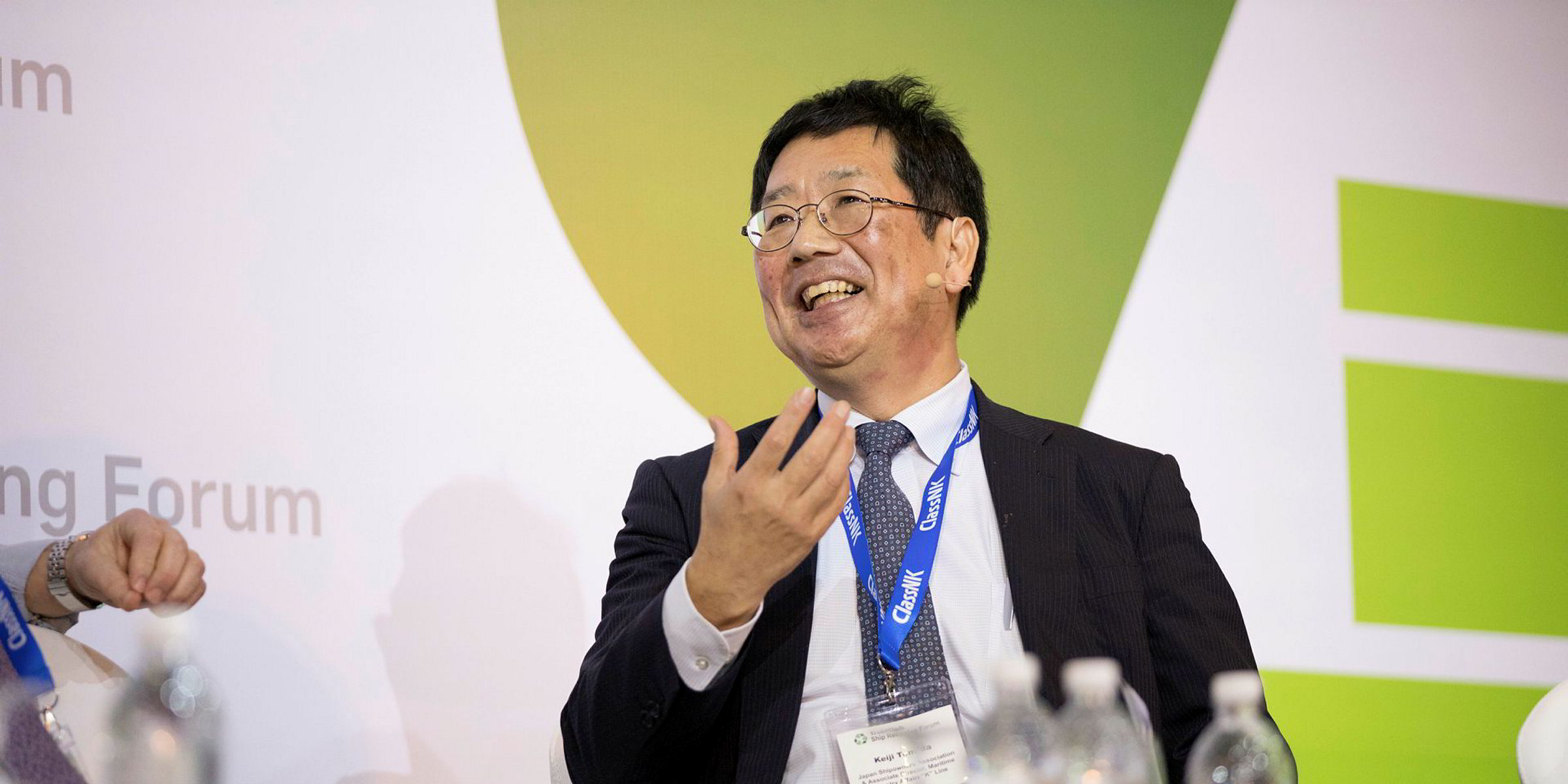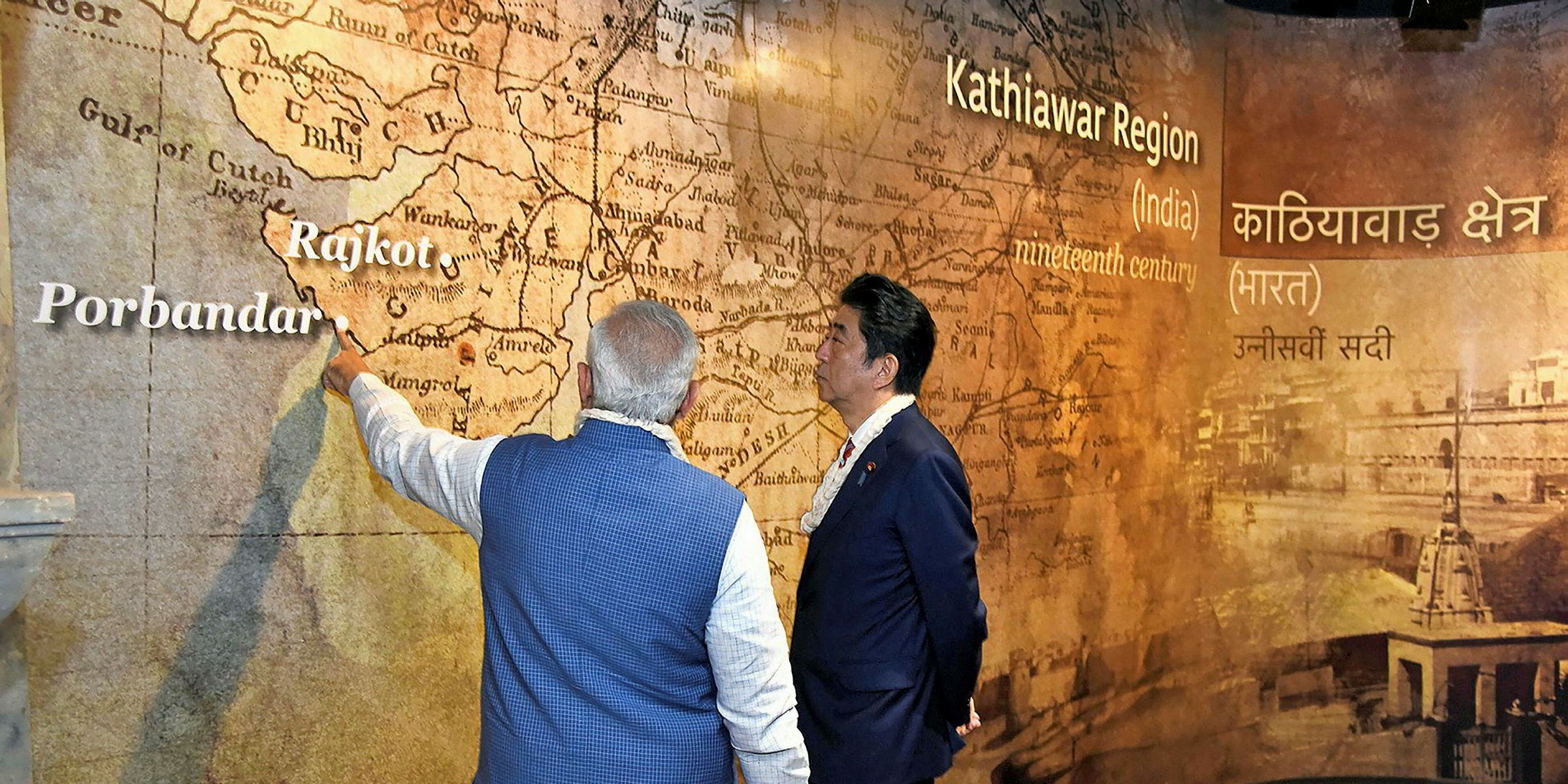Wide-ranging improvements are being lined up for Alang’s beaching yards, aimed at creating an industry that is fully compliant with international safety and environmental rules.
The programme is funded by a $76m loan from the Japan International Cooperation Agency (JICA), with additional finance from the Gujarat Maritime Board (GMB).
The measures outlined in the funding proposal will apply to around 70 beaching yards at Alang in Gujarat state, north-west India, that can apply for loans. A target date of 2020 has been established for completion of the project.
The loan terms are highly attractive for the breaking yards. They will pay 1.2% annual interest over 30 years — including a 10-year grace period — on money borrowed from the JICA fund to make improvements.
A key environmental issue is protection of the intertidal zone where ships are brought onto the beach, where much of the pollution occurs as they are broken up.
At some yards, hull blocks are either left to fall into the hull, where they are dismantled, or dropped into the intertidal zone. Under the JICA scheme, each yard will be equipped with large mobile cranes to remove hull sections and prevent ship parts from falling into the intertidal zone.
The second key improvement will be the construction of impermeable concrete floors, including a drainage system to remove waste. The base will allow blocks to be dismantled more safely and prevent the beach becoming contaminated by waste from oily block and machinery handling.
Small “beach cleaner” vehicles are to be deployed to remove debris and ensure that no discarded waste is left on the beach, while mobile decontamination units will remove waste oil and sludge waste more efficiently.
A high-temperature incinerator will be provided to yards so they can handle hazardous waste in an environmentally friendly way.

An environmental and safety training programme is also to be introduced for all shipbreaking workers in Alang.
One question under discussion is how the funds are to be distributed equitably among the dozens of Alang shipbreaking sites.
The GMB is expected to play a key role in making sure breakers have access to funds and the money is spent in the right way. It will manage the improvement programme and has already started tendering for consultancy services to kick off the project.
It has emerged that the JICA loan was decided at this month’s summit between Japanese prime minister Shinzo Abe and Indian counterpart Narendra Modi in Gujarat.
The loan was provided on the understanding that India push forward with ratification of the Hong Kong Convention (HKC) for the Safe and Environmentally Sound Recycling of Ships.
The Japanese initiative comes as Asian shipowners express concern that unless shipbreaking standards are raised in India through ratification of the convention, there will be insufficient capacity to demolish the Asian fleet.
Keiji Tomoda, who heads the Asian Shipowners’ Forum recycling committee, tells TradeWinds he expects the JICA move to eventually lead to the convention entering into force.
“This should help India upgrade almost all facilities in the region to a Hong Kong Convention compliant level and approach to ratification...” he said. “If India accedes to HKC, it will be a big advancement towards HKC coming into effect.”
However, some critics have suggested that although the measures are a breakthrough in terms of improving safety and environmental conditions, they do little to address worker welfare issues such as pay, working conditions and social benefits.


